Britain Is Clashing with Itself in Scotland
Adelina Marini, May 7, 2015
April 2nd will remain in the British history as an important date. This is the date that marks the realignment of British politics. On this date took place the first debate between the leaders of seven political parties fighting for the vote of the British voter in the parliamentary election on 7 May. During that debate has risen the star of Scotland's first minister Nicola Sturgeon on the British political scene, leader of the Scottish National Party (SNP). At the moment, the two biggest and still dominating parties in the British political life are facing a serious competition - each in its own spectrum. The Conservatives have been fighting for several years for the hearts of the far right voters with the nationalistic and eurosceptic UK Independence Party (UKIP) of Nigel Farage, which has led to a severe deterioration of the relations between Britain and the European Union.
Until very recently this was a good news for the Labour party which seemed unaffected by the battles in the right political space. But not any more. The Labour now has its own UKIP and that is the SNP. The opinion polls suggest that the Scottish nationalists are capable to entirely wipe the Labour out of Scotland by taking all the 59 Scottish seats in the House of Commons. SNP leader Nicola Sturgeon does not believe this will happen but even if they take less seats the gin is out of the bottle now. Nicola Sturgeon is defined as the most powerful woman in the Untied Kingdom. Everyone are surprised by this fact but are unanimous that this is the end of the British politics in its current form.
The former minister for Europe in Tony Blair's second government, Denis MacShane, a Scot by origin, Labour by ideology and a pro-European, believes that the beginning of this process was marked by Margaret Thatcher who, in his words, deliberately destroyed the Scottish economy and did social-economic experiments. She regarded Scotland as a distant colony. Besides, he says in his interview with euinside, Scotland has always been more left-leaning, "a more moralistic nation", and at the moment in power are a prime minister and a deputy prime minister from very rich families, educated in elite schools, graduated from the best universities, like Oxford and Cambridge. They have right wing policies, Mr MacShane explains, that may make sense in London or parts of England but are resented in Scotland. And, indeed, what strikes immediately is that Nicola Sturgeon is using the word "austerity" as frequently as Greece Prime Minister Alexis Tsipras.
Nicola Sturgeon's biographer and her predecessor's, Alex Salmond, David Torrance believes that Labour started to lose grounds in Scotland with the establishment of the Scottish parliament in 1999 and the SNP began gradually to fill in the territory lost by the Labour. They present themselves as a better alternative and a more authentic version of the old Scottish Labour Party and as much more true to their principles than Labour, the journalist says in an interview with this website. In Scotland, the Tories are very unpopular. They rarely win more than one seat.
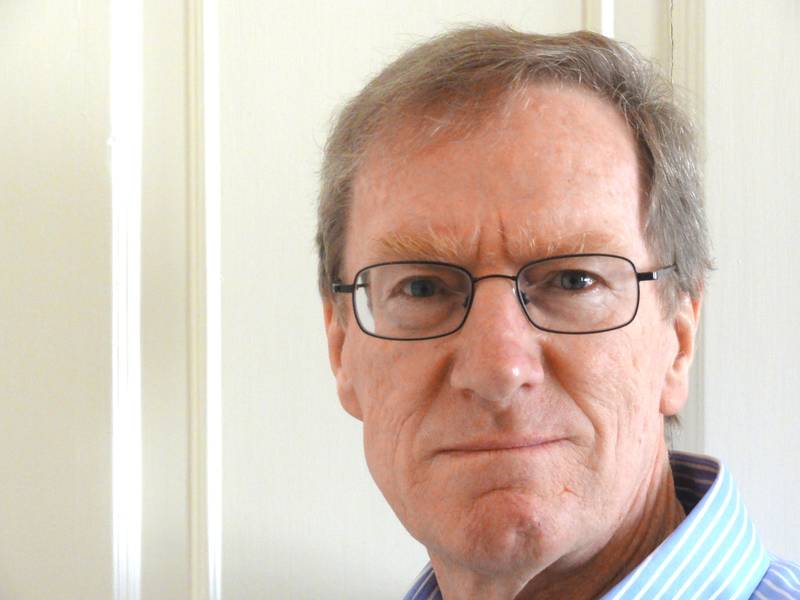 Professor Michael Keating, director of the Centre for Constitutional Change and professor in politics in the universities of Edinburgh and Aberdeen, is of the opinion that the source of the rise of the nationalists is in the campaign for the independence referendum. Then Labour sided with the Tories. At the moment, SNP is presenting itself as the party that represents Scotland in London. Labour have no serious membership in Scotland neither a well working machine but they survived due to the lack of serious competition, the professor said in a phone interview.
Professor Michael Keating, director of the Centre for Constitutional Change and professor in politics in the universities of Edinburgh and Aberdeen, is of the opinion that the source of the rise of the nationalists is in the campaign for the independence referendum. Then Labour sided with the Tories. At the moment, SNP is presenting itself as the party that represents Scotland in London. Labour have no serious membership in Scotland neither a well working machine but they survived due to the lack of serious competition, the professor said in a phone interview.
But while analysts and experts are already realising the shifting of political layers in Britain, the leading politicians either do not see that or are trying to ignore it. During the debates and the media skirmishes Labour leader Ed Miliband stubbornly insisted that his battle is with David Cameron only. No matter what is being talked about he was turning to the premier as his only opponent. Initially, Cameron was reserved but later he, too, joined the game saying that this is a cross roads election. "This is a choice between two parties", he said. In the same time, however, he focused in the last days of the campaign on threatening that if the undecided voters supported Labour this would mean support for the nationalists.
That rhetorics only confirmed what Nicola Sturgeon has been saying, and many analysts for that matter, that the voice of the Scots was for too long taken for granted. The same said the leader of the Welsh party Plaid Cymru, Leanne Wood: "Labour has taken the votes from Wales for granted for too long". She said this in response to Ed Miliband's firm rejection of any possibilities to take the support of the Welsh party to form a coalition. He is also rejecting the possibility of a coalition with the Scottish nationalists. According to David Torrance, however, no matter what will happen after 7 May, Nicola Sturgeon is the only winner in this election. She has many possibilities for manoeuvre. If there is again a conservative government she will continue to insist that Scotland is a completely different state in terms of election because the Tories are very unpopular in Scotland. If there is a Labour government dependent on SNP support she could stress her influence not only in Scotland but at British level as well to insist for more left policies.
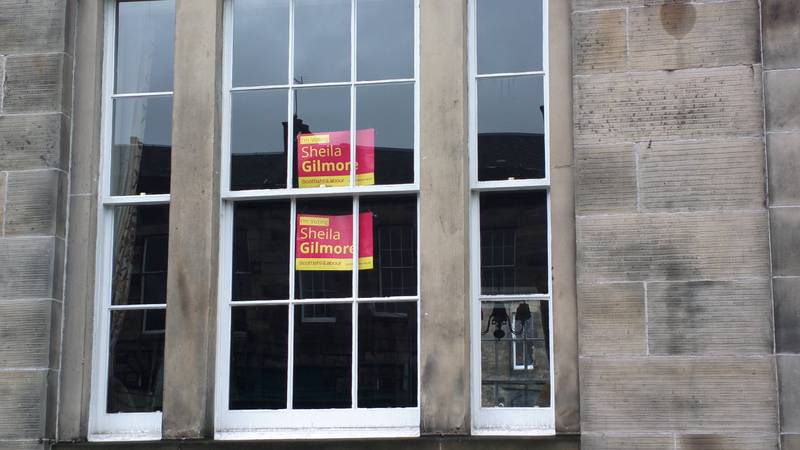 Even if Labour would say they do not need the support of the nationalists, she could say that, again, they reject Scotland's voice and will turn this into her own profit. As she is an efficient political player and has very strong political instincts, Nicola Sturgeon will take the maximum of the political capital from this election, her biographer David Torrance believes.
Even if Labour would say they do not need the support of the nationalists, she could say that, again, they reject Scotland's voice and will turn this into her own profit. As she is an efficient political player and has very strong political instincts, Nicola Sturgeon will take the maximum of the political capital from this election, her biographer David Torrance believes.
The dead grip of referenda
At least one referendum, at this point, seems rather inevitable and if it does take place it might trigger another. The first would be an in-out referendum on EU. Denis MacShane recalls that the euroscepticism among the Tories increased significantly after they lost the election in 1997 and moved to opposition, when the 13-year old rule of Tony Blair began. The Tories then decided to bet on the hostility to the EU as a new reason voters to choose them. The emergence of the "populist, xenophobic, anti-European UK Independence Party", in his words, only enhanced that hostility. UKIP are right-wing, they are nationalists, rather English than British. Cameron decided that he could win these voters if he gave them half of what UKIP wanted. The English nationalists want two things, Mr MacShane continues, a referendum on the EU and a brexit. Cameron gave them the former and it is yet to be known whether they will get the latter.
The problem has been additionally exacerbated by the anti-European newspapers owned by Rupert Murdoch who, according to Denis MacShane, wants to put an end to the European project. All the three - Denis MacShane, Professor Keating and David Torrance are unanimous that if there is a EU referendum and the English vote to leave the EU while the Scottish vote for staying this would again bring up the question of Scotland's independence. David Torrance explains, however, that although the European referendum might not necessarily seem inevitable the expectation of the voters is such a plebiscite to take place. Such a vote was promised many times but never took place. This time the pledge would hardly be broken, he believes.
In this situation, the position of the Scottish nationalists is very interesting because until the 1980s they were, in fact, an anti-European party demanding a Brexit. Now they are rather for staying but with an ambition to renegotiate relations with the Union. SNP are against the single currency, the common fisheries policy, the financial and banking integration. They do not like centralisation. They want more powers at local level. Generally speaking, however, they are the most pro-European party in the UK, according to Mr Torrance. Professor Keating says that the EU referendum is completely inevitable if the Tories win because if it does not take place the party will split up. It is very likely an in-out referendum to take place even if Labour would win.
No one in Britain is able to predict what will be the outcome of this election. The current political situation very much resembles the British situation in EU. The Scottish nationalists are causing the same headache and danger for the survival of the British union as David Cameron is causing to his colleagues in Brussels. Denis MacShane thinks such a comparison is fair. Scotland views England and the rest of the kingdom in the same way as the English view the rest in the EU - a source of power, legislation, directives, orders, complicated financial relations. "The Scots believe that the moment they break free from the English they will have a radiant sunny future of happiness and free whisky for all and the English believe that the moment they break free from EU England will again be wonderful, strong country, without problems, without migrants, no difficulties, low taxes, the industry will flourish. I really don't know which planet they are coming from", Mr MacShane said.
The three agree that the EU itself was unable to do anything to prevent the current British situation. According to Professor Keating, Europe herself is suffering from a massive euroscepticism. But it is hard to say what Europe could have done better because they do not know what is the problem with the British Conservatives. They have not yet said specifically what they want to change. Something the European politicians are also complaining about on the other side of the Channel. The problem is that in the past 15 years Europe is no longer that attractive in economic terms as it was when Britain joined the 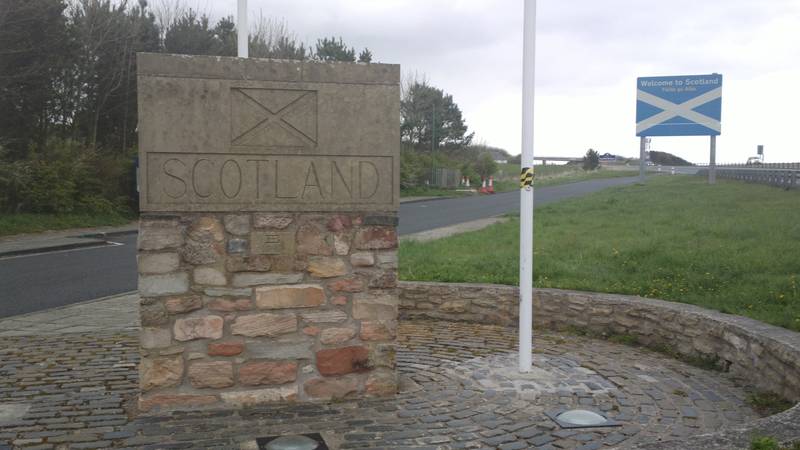 Union in the 1970s, Denis MacShane says. And this is not a problem for Britain. Europe will not stay together unless a way is found to restore the economic self-confidence.
Union in the 1970s, Denis MacShane says. And this is not a problem for Britain. Europe will not stay together unless a way is found to restore the economic self-confidence.
The problem is, as he recently wrote in an article, that the British question could replace the key issues for the EU like infrastructure, employment, capital markets and the energy union. David Torrance is of the opinion, though, that Nicola Sturgeon would be a more preferred interlocutor in Brussels than David Cameron is. Although she wants more or less the same things as him, her style is different. Cameron was confrontational, he was working mainly for the eurosceptic voters whereas the leader of the Scottish nationalists is more positive and more outward person. Generally, she behaves in a very different way, her biographer says. Whatever the outcome of the May election in Britain one thing is clear - the elephant in the room on the Island and on the Continent is the future of the EU. And that future seems more foggy and unclear than the weather in Britain. May 7 is a crucial moment for Britain and two days later the EU will mark, probably in the same boring way, its own holiday - 9 May. As if everything is okay.
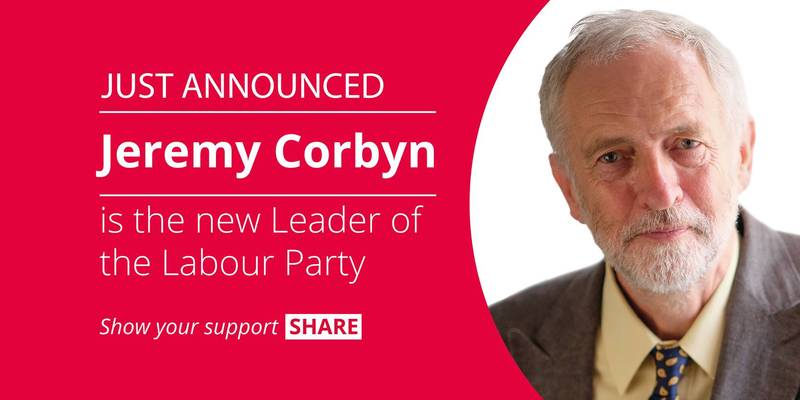 Jeremy Corbyn | © Labour
Jeremy Corbyn | © Labour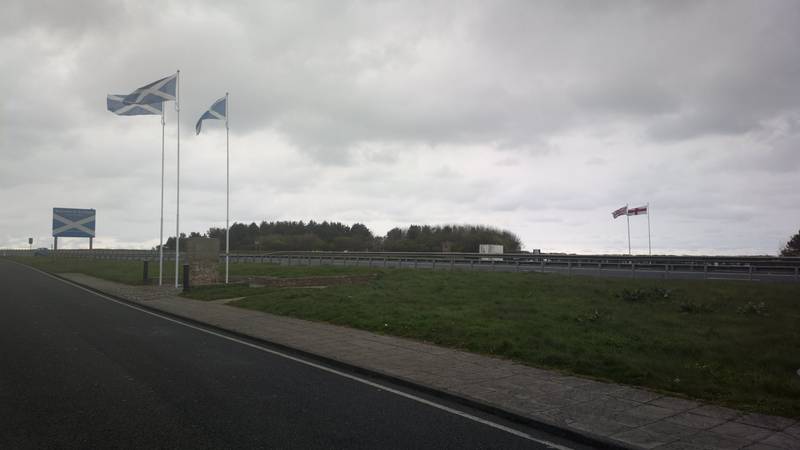 | © euinside
| © euinside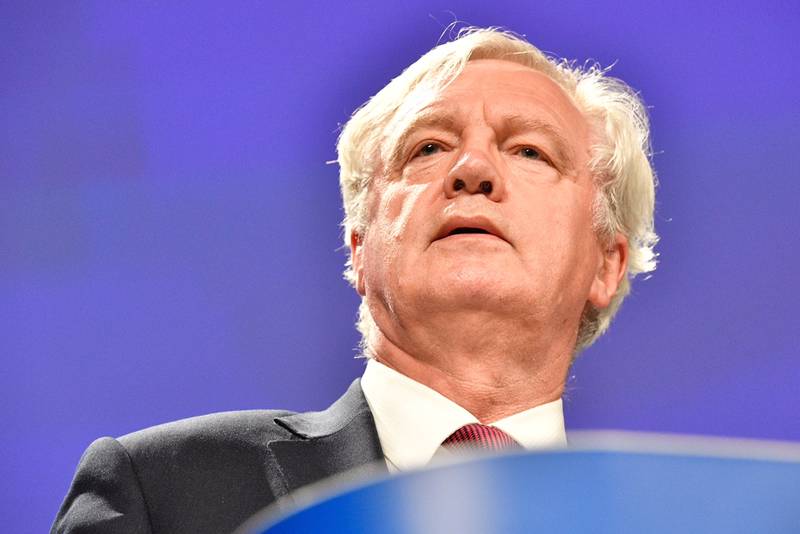 David Davis | © European Commission
David Davis | © European Commission Angela Merkel | © Council of the EU
Angela Merkel | © Council of the EU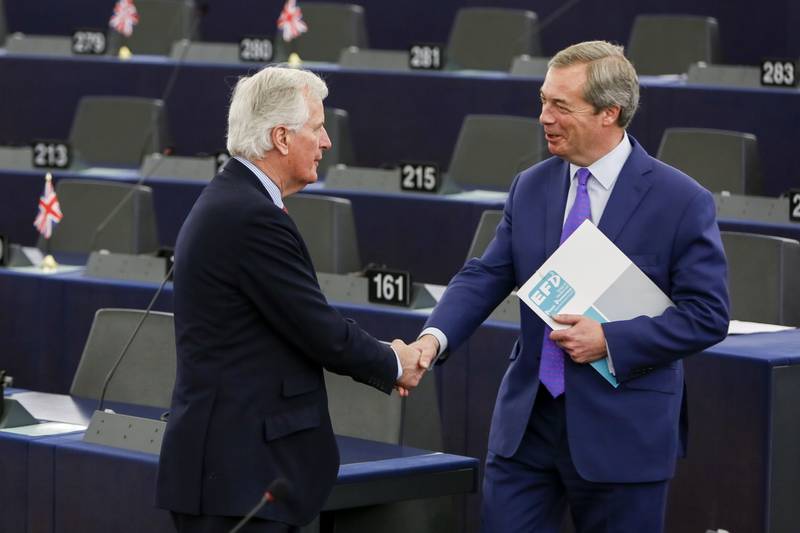 Michel Barnier, Nigel Farage | © European Parliament
Michel Barnier, Nigel Farage | © European Parliament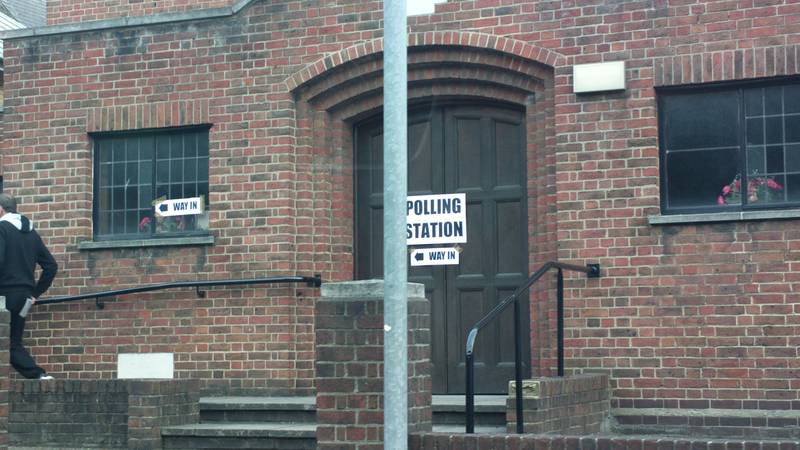 | © euinside
| © euinside